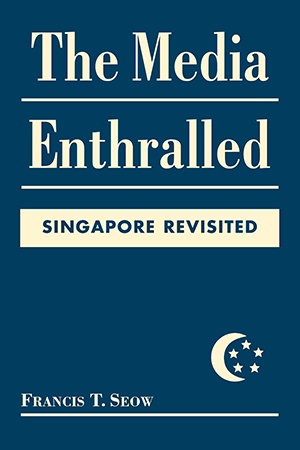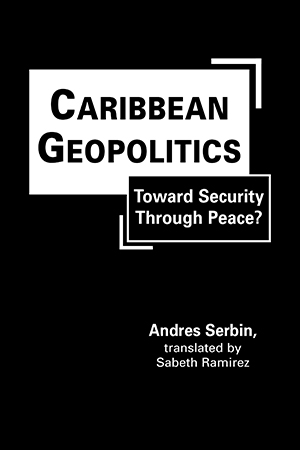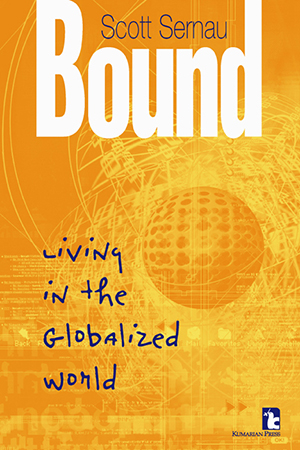BOOKS
Unique in its breadth of coverage, this carefully designed collection presents the key documents of international law at the global level. The collection encompasses the full spectrum of More >
As Miles Larmer writes in the foreword, Adventures in Zambian Politics is unlike any political memoir you have ever read. It is ... A political history of Zambia from colonial times to More >
The Covid-19 pandemic. Russia’s invasion of Ukraine. Cybercrime and ecocide. Outer space. Global warming. These are just a few of the myriad issues that are the subjects, and sometimes More >
How was Chile transformed both politically and economically during the two decades of center-left coalition (Concertación) government that followed the country's return to More >
The fifth edition of this classic reader retains many of the articles that have made the book a must-assign for classes on development and political economy, but has been updated with 14 new More >
Though women constitute 52 percent of U.S. voters, as of October, 1996 only 10 percent of the members of Congress and one of the 50 state governors are women. Why, more than 75 years after More >
It has been more than 25 years since Moses Aloetta became one of the “Lonely Londoners” in the novel of that name. Now—though an avowed Anglophile—he hankers for More >
Once a proud and independent institution, the Singapore press was brought to its knees by threats, arbitrary arrests and detentions, general harassment, and litigation during Prime Minister More >
Andres Serbin explores the complex of factors—external and domestic—that have shaped the geopolitical dynamics of the Caribbean region since the emergence, beginning in 1962, of More >
In his accessible, straightforward introduction to one of the key issues of our time, Scott Sernau explores the trends and practices have brought us to this new global century and then More >



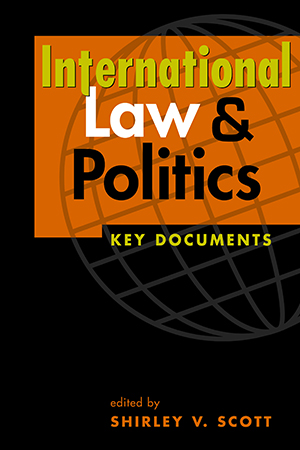
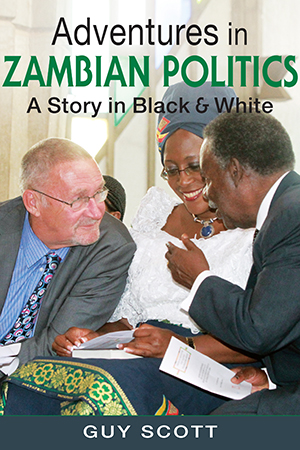
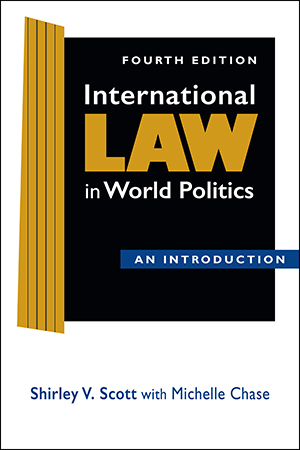
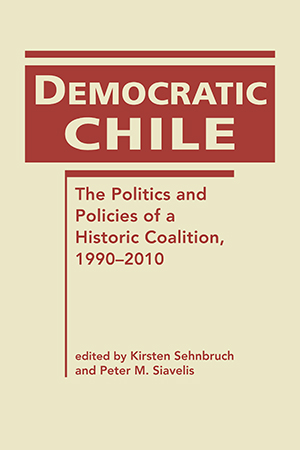
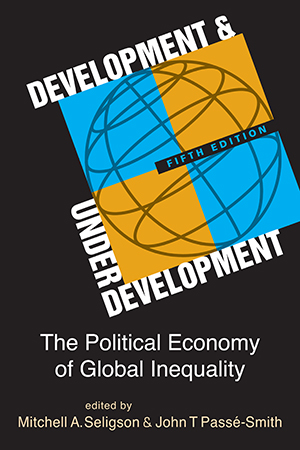
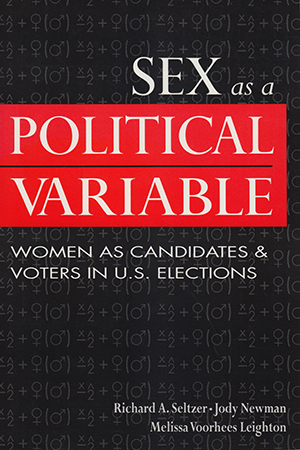
![Moses Migrating [a novel] (new edition)](/uploads/6706c73359701.jpg)
